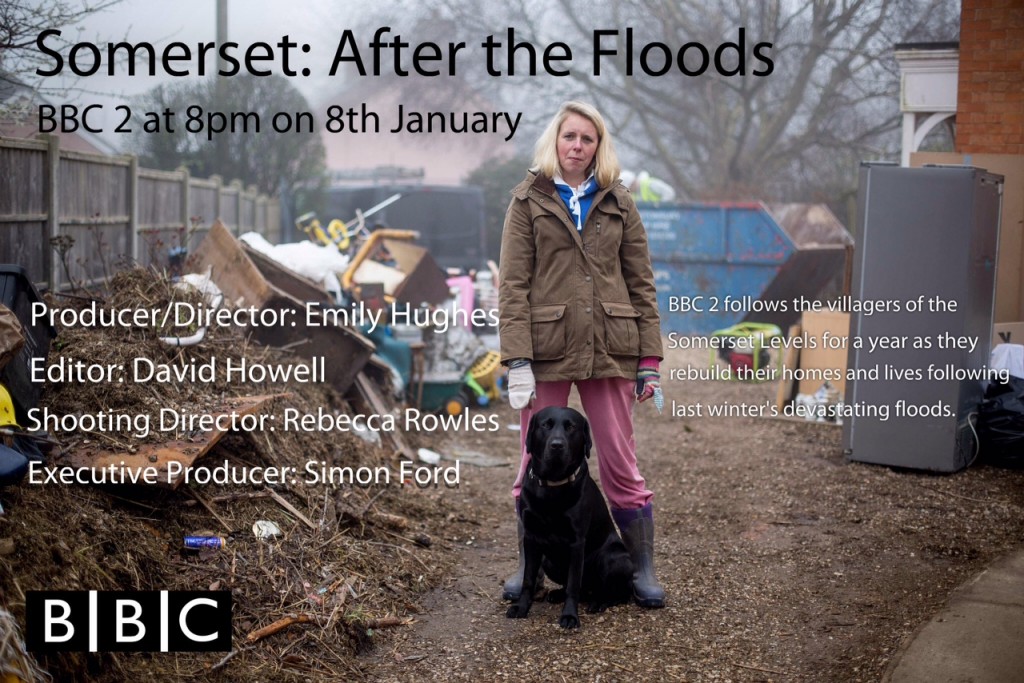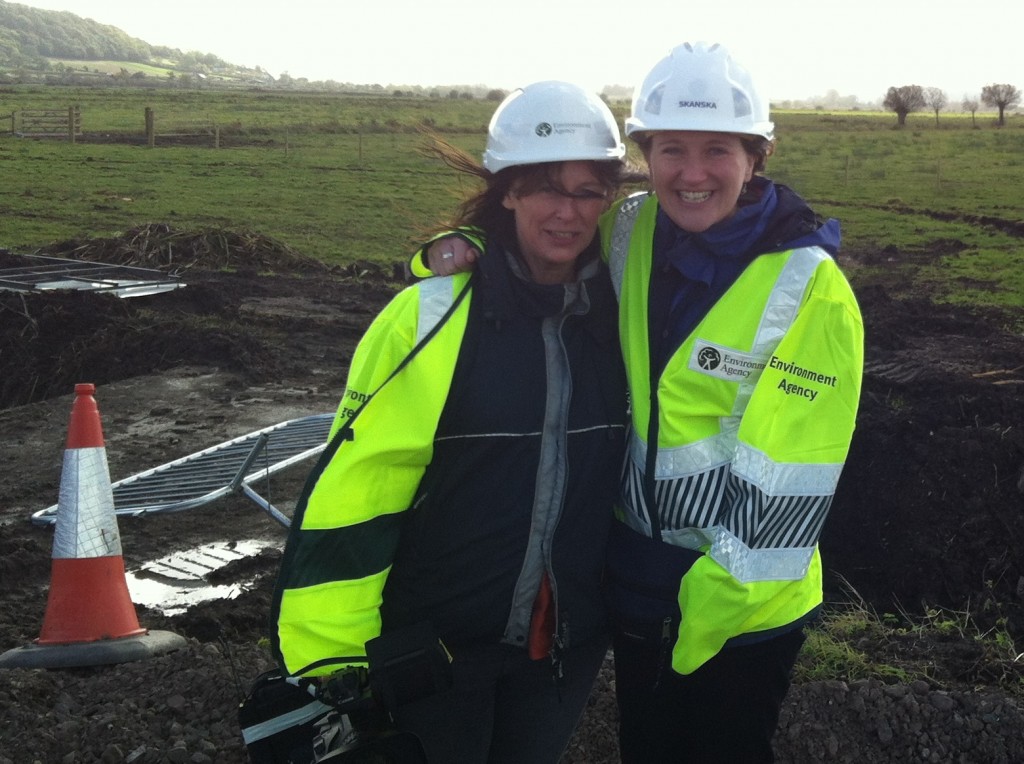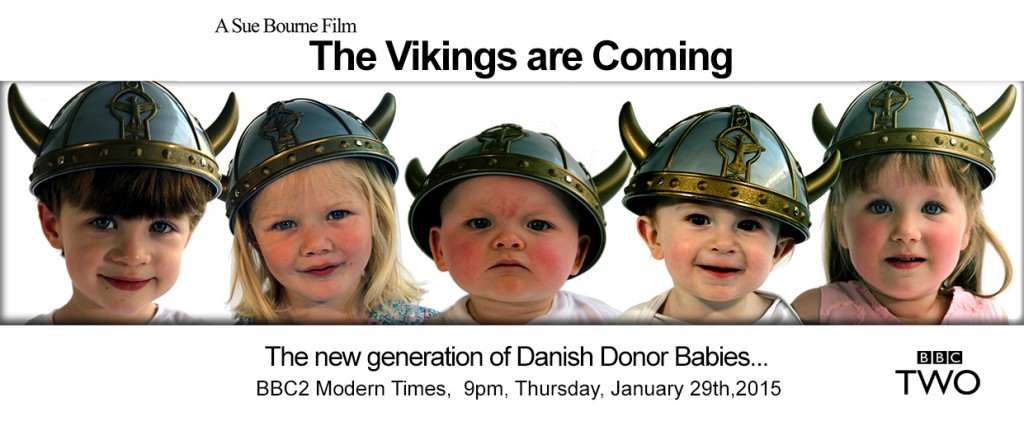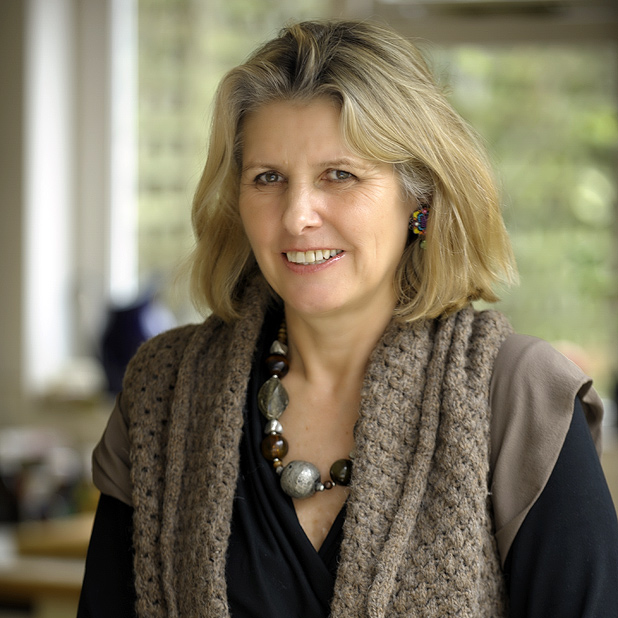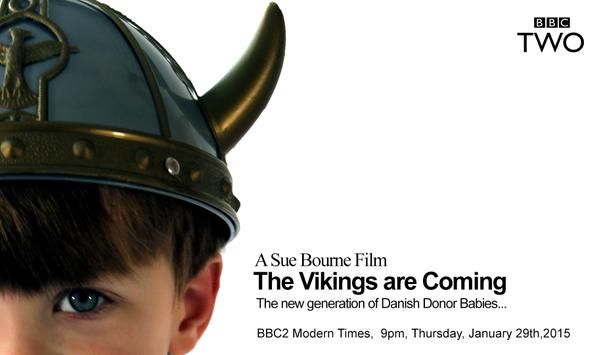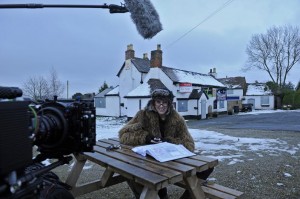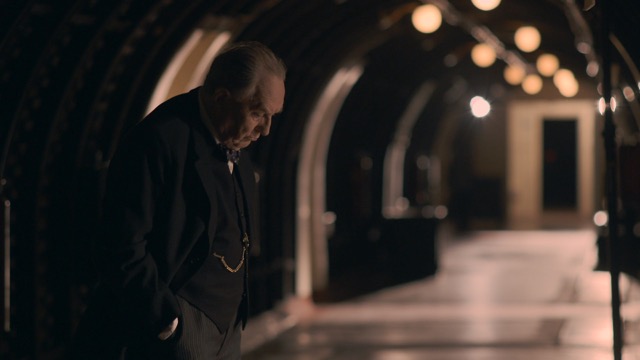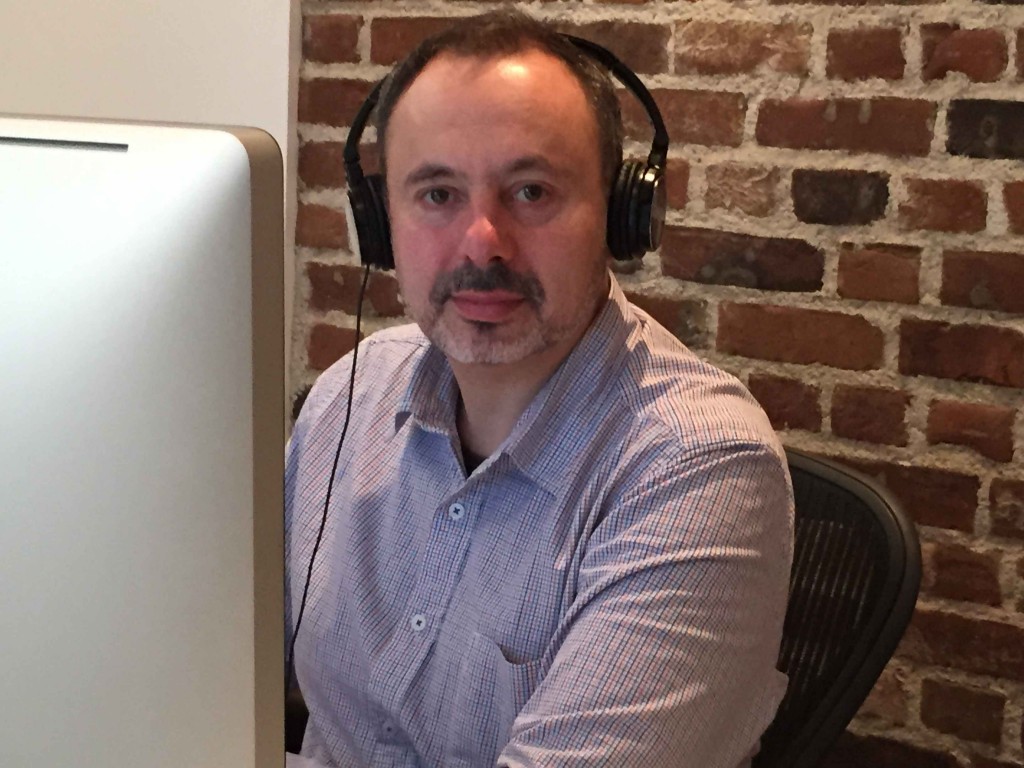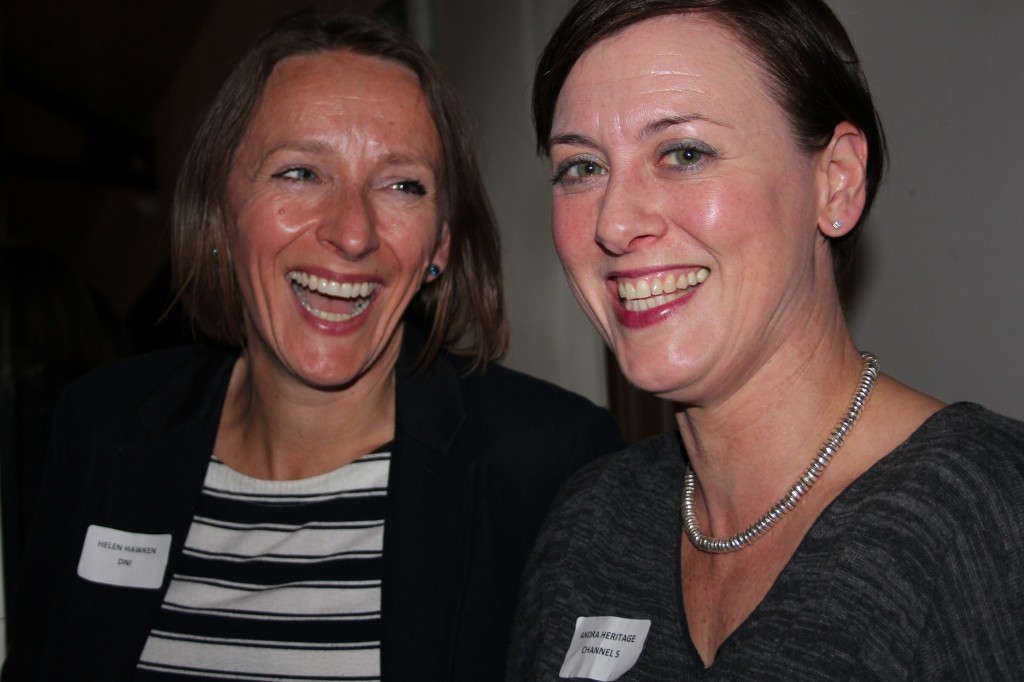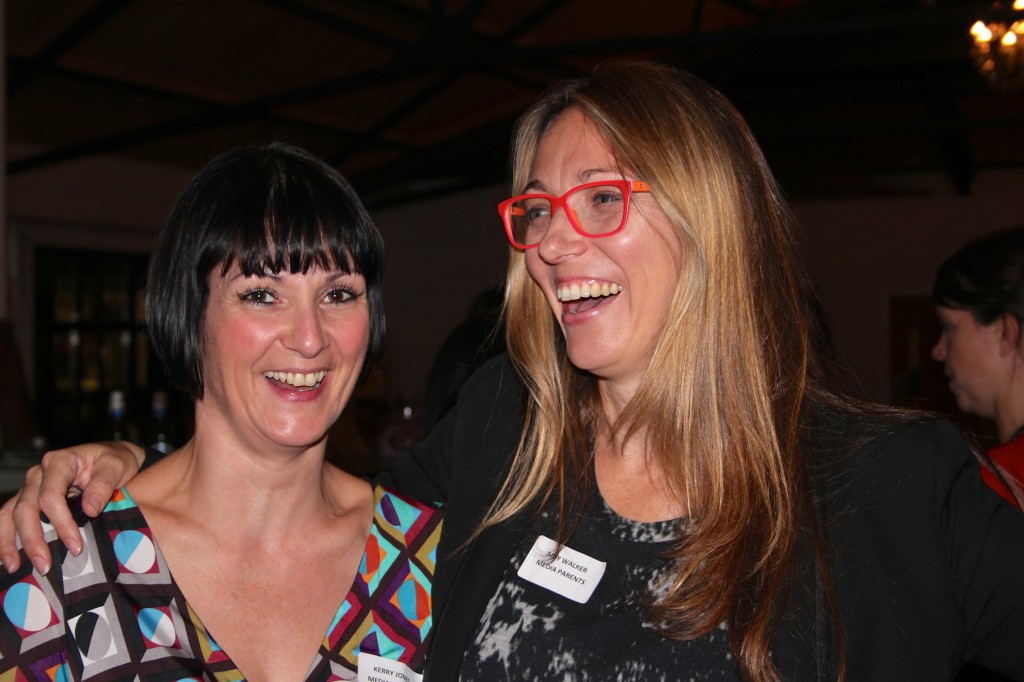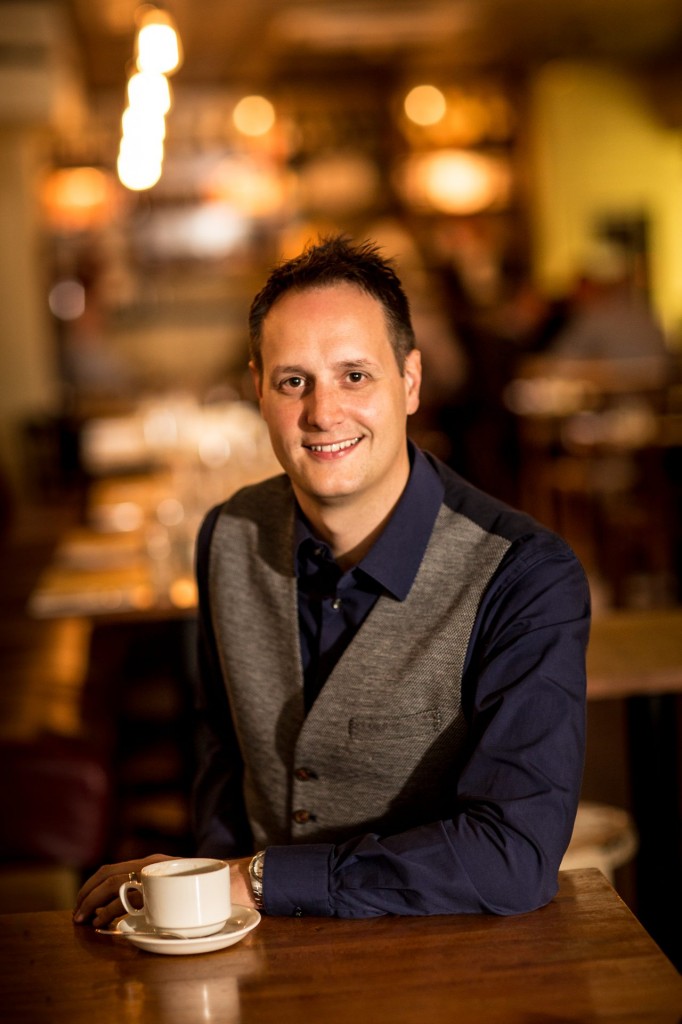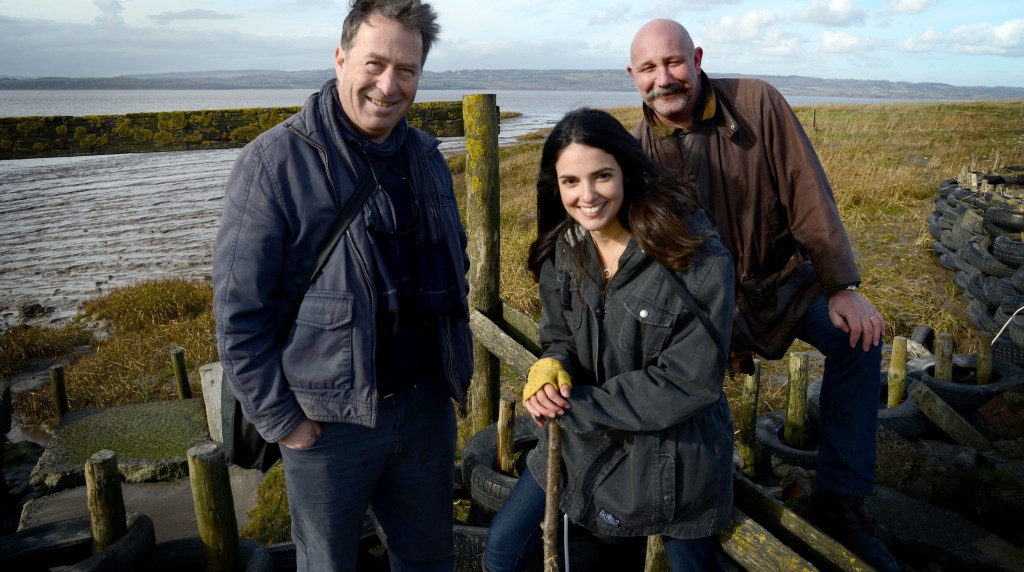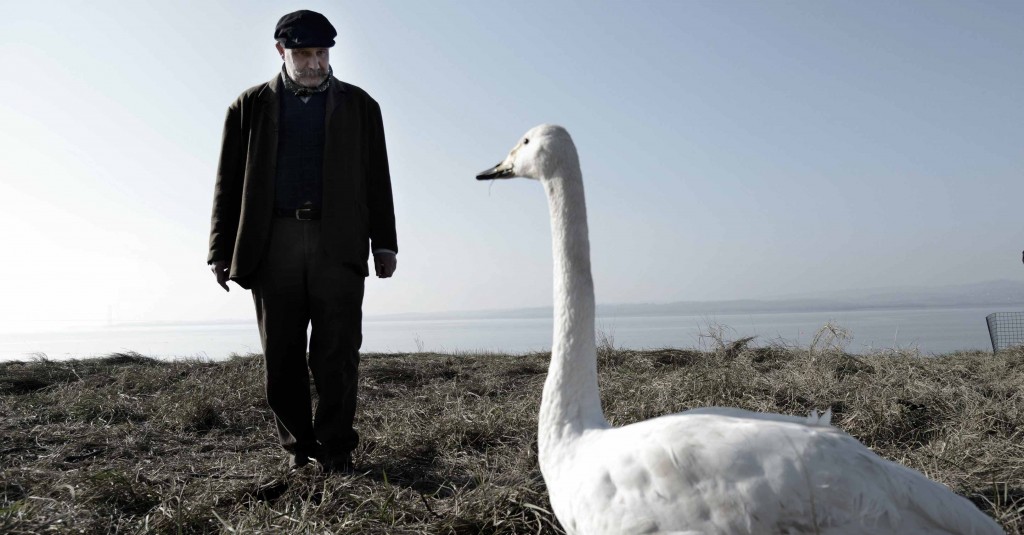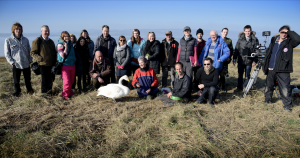5 minutes with Emily Hughes Shooting PD
So I’ve always thought that having a baby means the end of your TV career – how many mums have you met in production? I don’t think I’ve ever met one writes Bristol-based Emily Hughes.
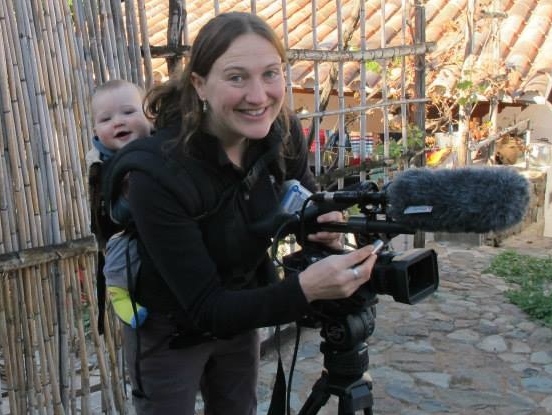
Emily Hughes, shooting PD with her son Ben on location. http://www.mediaparents.co.uk/freelancers/9465/emily-hughes
So when I had my son Ben last summer I thought it was time to put my feet up and to settle into being a mummy. But I couldn’t have been more wrong – in fact I’ve just finished my film, ‘Somerset: After the Floods’ for BBC 2. I think it’s the project I’m most proud of in my career so far – because I made it whilst being a mother too.
It was all down to a flexible employer – BBC NI, understanding execs Sam Collyns and Simon Ford, and the devoted support of grandmothers Sophie and Pat. I went back to work when Ben was 9 months old for 2 days per week. The project seemed a perfect fit for part time work – a documentary following the villagers of Somerset for a year as they recovered from the devastating flooding of 2014.
At the beginning Ben was still pretty quiet if he stayed in the sling – and he even came down to Somerset filming with me a few times! I think that having a little baby helped – I found that my relationships with contributors became stronger, and being a mother seemed to make me less of a daunting TV person.
Working with a baby presented a whole world of new challenges – making calls to press officers and agencies during precious nap time – or pacing around the garden with a baby in a sling while I convinced people to take part, hoping he wouldn’t pipe up at the crucial ‘yes’ or ‘no’ moment. Work definitely didn’t fit into the neat 2 days we planned – but it meant that I had 2 days on location – then the rest of the week to think, prepare and make calls, which is a rare luxury in television. Deciding which story lines merited the 1 ¼ hr drive down to Somerset on a precious ‘work’ day was hard – and it became increasingly clear that we needed to find an excellent shooting AP to cover the days I couldn’t be there. I simply couldn’t cover an observational documentary alone. Luckily we found a brilliant Shooting Director, Rebecca Rowles, and the team was complete.
Traditional childcare really wasn’t an option as I could never know which days I’d need to film (the turbulent life of flood victims didn’t fit neatly into fixed days), and added to the mix was my husband’s job – a Naval officer – which meant he was either away at sea or working away from home during the week – so couldn’t have helped with nursery pick ups or bedtime. I will be forever indebted to our two grandmothers and wonderful friends who helped out when as story I just had to film cropped up. Poor Ben was deposited many times while I flew down the M5 to catch a story – luckily he was a very genial baby.
 As it was a BBC Northern Ireland production we had to go to Belfast for the 2-month edit. It sounds like a massive upheaval – but babies are very portable, and it was as easy for my husband to come to Northern Ireland as the Forest of Dean (where we live) if he had any leave. So we bundled up our lives into the car (baby, granny, cots, push chairs etc etc) and got on the ferry.
As it was a BBC Northern Ireland production we had to go to Belfast for the 2-month edit. It sounds like a massive upheaval – but babies are very portable, and it was as easy for my husband to come to Northern Ireland as the Forest of Dean (where we live) if he had any leave. So we bundled up our lives into the car (baby, granny, cots, push chairs etc etc) and got on the ferry.
It was great to get stuck into full time work in the edit, and I thoroughly enjoyed working with my editor David Howell. We worked very hard 9-5, which meant I could be home for bedtime most nights. In many ways the edit was more straightforward than filming – Ben went to a child minder in the mornings and his granny in the afternoons – so life settled into more of a routine. The biggest challenge was finding out I was pregnant again – accompanied by very severe morning sickness! I had to go to hospital once, and it was pretty grim. I’d script write in the moments between bouts of nausea – which was quite a challenge! Luckily I had a great editor, and very supportive production team.
We are all delighted with the final film – and the contributors love it, which I always feel is the greatest achievement of all. Most of all its given me the confidence to know that I’m just as good at my job as I was before I had children – so long as you find the right project, and employers are open to flexible working.

Please join www.mediaparents.co.uk for great jobs, networking and events. www.mediaparents.co.uk Our next event will be a Production event on Feb 19th, email us for details.

